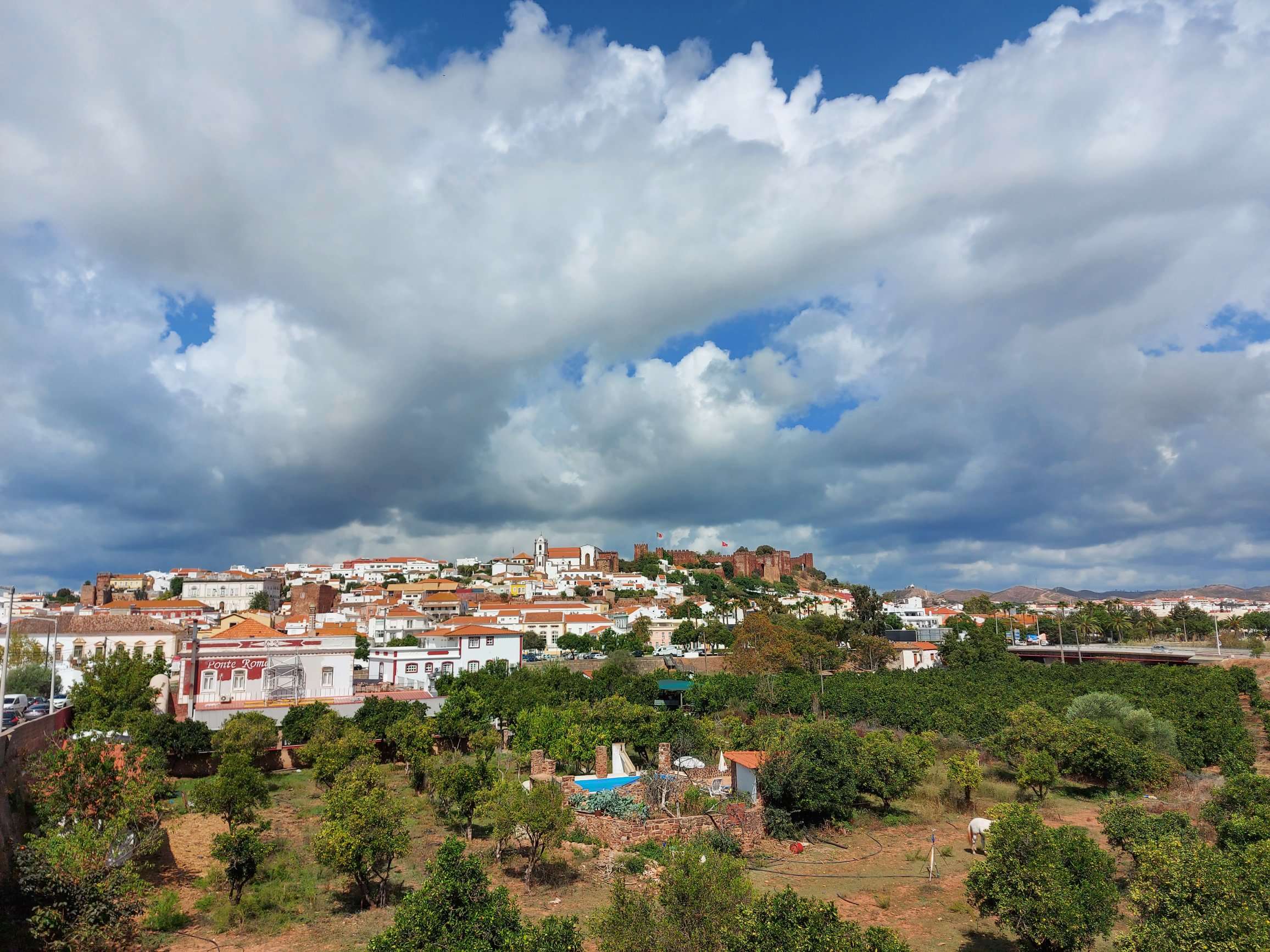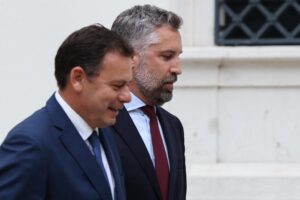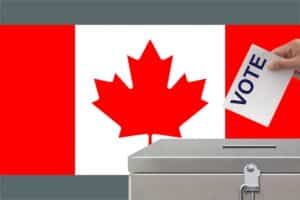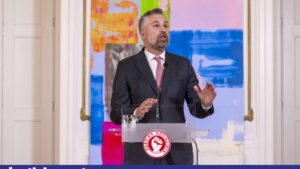CHEGA’s ‘motion of censure’ against PM to be heard tomorrow
Right-wing party CHEGA has succeeded in delaying the much-anticipated voting on the new land law, alleging that it wants more time to analyse the various changes proposed by different parties.
The reality is that in delaying the vote, due yesterday, the party has neatly ensured that the debate on its motion of censure lodged against the prime minister (for his connection to a family company that could, conceivably, benefit from the changes to the land law) will be heard first.
The next most likely moment for the land law to come up for voting will be next week, or possibly even the week after, Bloco de Esquerda MP Marisa Matias has told reporters.
Whatever happens, CHEGA’s concerns that the law could, conceivably, open the door to (more) local authority corruption, should by then have been fully addressed.
Certainly, even local authorities are not happy about the proposed law, arguing that it will spark further property speculation.
The problem with the umming and ahhing about the land law, and politicians’ potential ability to benefit from it, is that it is in fact, very relevant.
The prime minister has said, and will no doubt do so tomorrow – with even more information – that there is absolutely no conflict of interest in the fact that a company, owned by his wife and sons, deals in the buying and selling of property. But the situation has created a tsunami of sound bites – many of them of the opinion that it just isn’t right for a commercial enterprise of this nature to be so closely connected to the man leading the government tasked with running the country. If it was a majority government, the issue could be even more potentially suspect. The fact that it is a minority executive, governing by the seat of its pants, has simply created yet another ‘weakness’ within the complicated political panorama. As one leader writer has suggested today, the situation has played into the populist hands of CHEGA and done nothing to defend the “very impoverished image of politicians and political parties in the eye of the electorate”.




















